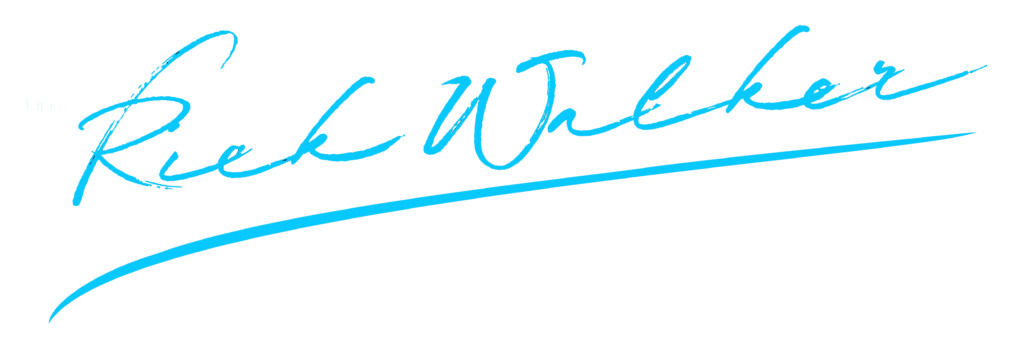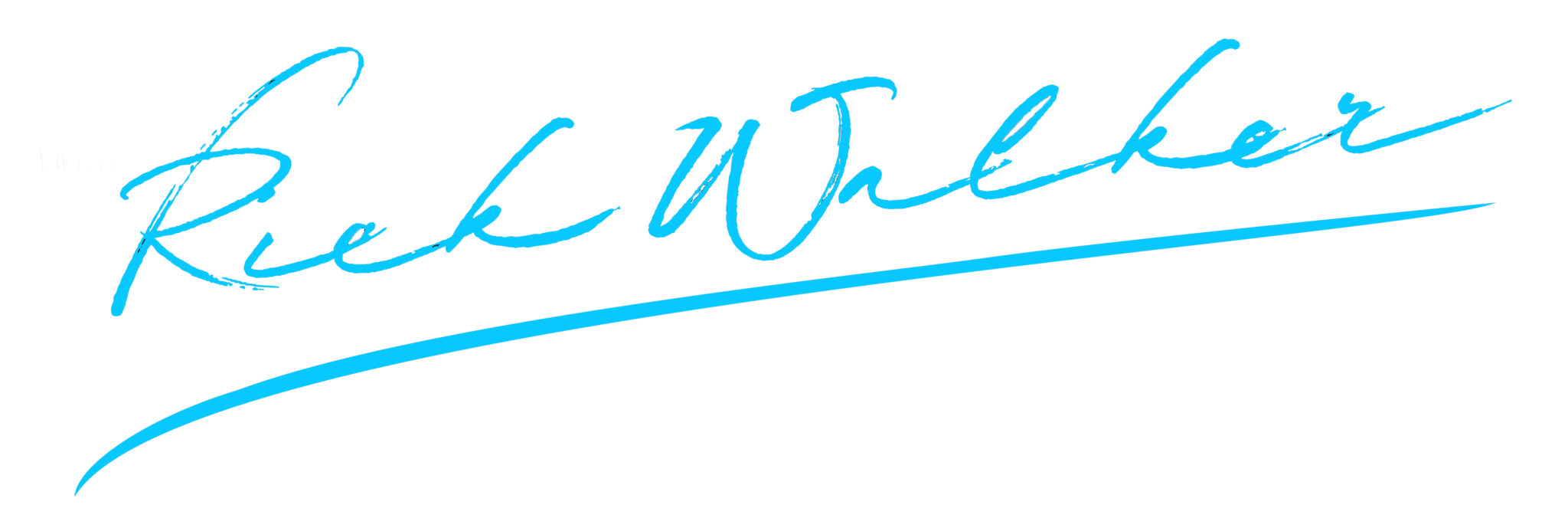The Pharaoh Who Broke the Cosmos
What an Opera Can Teach Us About Reaching the Divine
" Know thyself as the pride of His creation, the link uniting divinity and matter. Behold a part of God Himself within thee; remember thine own dignity nor dare descend to the evil of meanness. – Akhenaten "
Tweet this
It has always interested me how the worship of many gods was so roundly supplanted with the monotheism that characterizes so many modern religions. After all, many gods were good – it certainly represented a thriving business for priests.
Yet perhaps the journey to the mono was an inevitability. An arrival at a singularity that was more representative of the divine.
The Pharaoh Who Strayed from The Gods
While certainly not the only man who can be credited with monotheism, the ancient Pharaoh Akhenaten took one of the most vital steps down that path. If nothing else, his actions were opera-worthy and, through them, the great composer Philip Glass arrived at his own form of mediation.
Excerpt From Akhenaten
In the 18th Century BC, the Pharaoh Akhenaten rose to the throne and put an end to nearly all worship activities, proclaiming the sun god Atem (also known as Atum, the sun disk god) as the sole and true god. (Pay at-tent to Atum.)
This, the first monotheistic proclamation in this part of the world via a sovereign, brought the swift destruction of the majority of the religious economy.
Genius composer Philip Glass created a trilogy of operas in the twentieth century. Each opera featured a giant of humanity.
Einstein.
Gandhi.
Akhenaten.
His 1984 opera, Akhenaten, became the pièce de ré·sis·tance for many, including me.
Sung in both Ancient Egyptian and Hebrew, he tells the story of the Pharaoh who broke the cosmos. Glass wrote of divinity in his arrangements, which, to me, hints of the eternal arriving through the temporal.
Like the sun itself, he orchestrated mediation with extravagance.
When figuring out the instrumentation of the orchestra, Glass kept writing for more lower-registered instruments and heavier brass. So when it came time to occupy the orchestra pit, he didn’t even have space for the violins at last. As a lowly trumpet player, even I realized this was an issue for their business. The people expected violins.
But he removed violins from the orchestra; he killed the natural melodic voice of every orchestra from the prior three centuries.
Sometimes, a star must die.
Sometimes, a star must die.
As the violas slid into the highest registered position of the strings, a new timbre emerged. In a sense, Glass re-wrote what it meant to evoke an ethereal feel. For the voicing which traditionally had been primary in mode, was now usurped by the intermediate viola.
Stay with me – I’m not yet senile, but I see the Nile.
Additionally, his opera called for the use of a counter-tenor vocalist. This unusual move for a twentieth-century composer caused the traditional roles of soprano, alto, tenor, and bass to converge. This experimental mezzo-sopranoesque voicing is neither male nor female, but being god-like – it has no sex and converges all the sexes in one.
I consider this the story of inevitability because Glass focuses on the mediation of the divine sun. Just as Akhenaten mediated the sun deity, Glass bridged history to our opera, so too must the mind of man, us, close the gap between our daily world and the divine if the world is ever to be healed.
3 Takeaways
First Takeaway – Replacement of the Old Unlocks New Paths
We see this in Glass’s decision to do away with the violins in his opera – a faux pas to many, yet also the key to unlocking the new. The point here is that to rely on what has always been stunts our growth. Glass understood this, as did Akhenaten. To chart a new course is to relinquish the fear that reliance on what you know creates.
" Always do what you are afraid to do. – Ralph Waldo Emerson "
Tweet this
Second Takeaway – Convergence into One is Divine
Glass broke more operatic “rules” when he made use of a counter-tenor vocalist. Traditional roles were not only usurped but combined, creating a unique timbre unfamiliar to opera-goers of the time. The message here is that having the courage to go against the grain – however painful some may find it – is what leads to the divine.
Third Takeaway – The Gap Between Daily and Divine Must Diminish
Glass’ opera represents the mediation of the divine – a channeling of the unknowable by using what he knew in new ways. Through this, he bridged a gap. Your task (and mine) is to do the same by finding ways to reconcile our daily life with the divine. A challenge, for sure, but perhaps one we can also achieve by accepting that the two must converge.
" The true work of art is but a shadow of the divine perfection. – Michelangelo "
Tweet this


